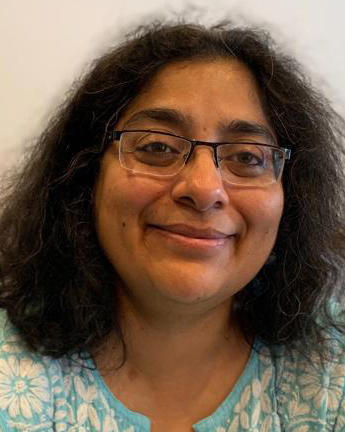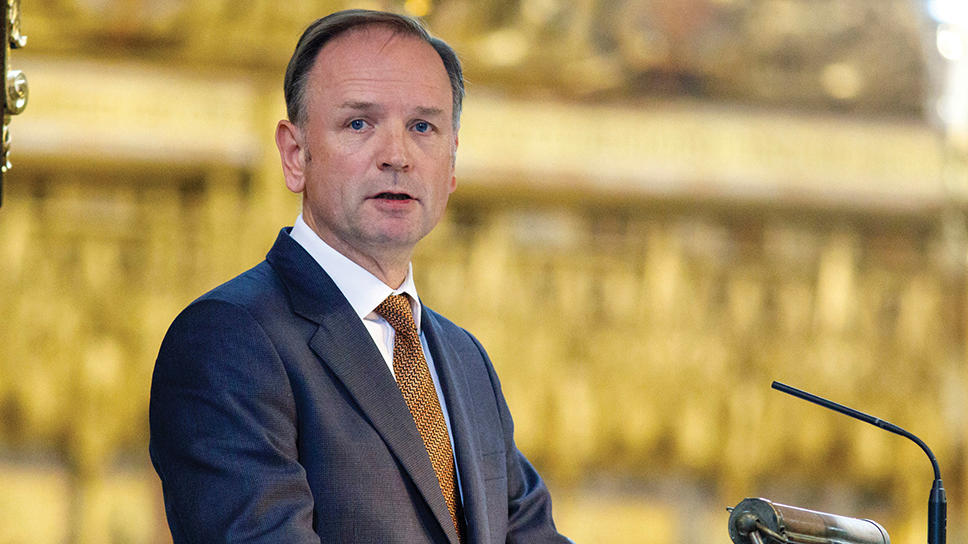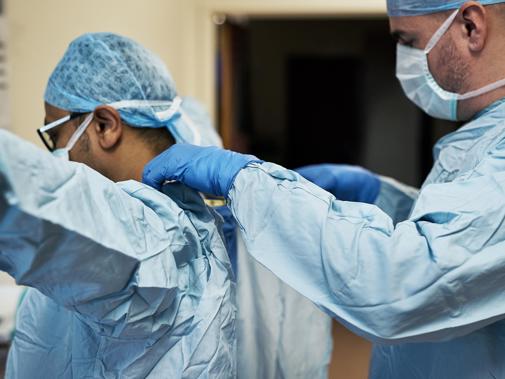In the weeks following the vote to leave the EU in June 2016, NHS England chief executive Simon Stevens penned an opinion piece in The Daily Telegraph imploring the Government to reassure all overseas staff working in the NHS of their continued welcome.
Describing such a move as ‘completely uncontroversial’, Mr Stevens acknowledged that while he wished to see an improvement and increase in opportunities to access training for health professions, the health service was ‘still going to need committed health professionals from other countries’.
With his tenure set to end on 31 July, potential successors to his role as leader of the NHS are being considered.
One candidate, head of the NHS Test and Trace programme Dido Harding, has already struck a rather different tone on foreign staff in the NHS, stating that she would seek to end the health service’s ‘reliance’ on overseas staff should she be appointed.
We have seen the contributions made by international workersDr Dave
While increasing the numbers of and access to medical school and foundation programme places is something that is universally welcomed, the COVID-19 pandemic and the startling level of staffing shortages within the NHS are stark proof of how invaluable the continued contributions of overseas doctors and health professionals are.
 DAVE: Diverse workforce a benefit to the NHS
DAVE: Diverse workforce a benefit to the NHS
According to recent data published by the House of Commons library, NHS staff reported as having a non-British nationality account for 14 per cent of the health service’s total workforce.
Meanwhile, just three years ago, the GMC reported that the number of overseas qualified doctors joining the UK’s medical register had outstripped UK graduates for the first time.
Let down
Consultant child and adolescent psychiatrist and medical director Ananta Dave came to the UK from India in 1995 and has spent more than two decades working in the NHS.
She says it was disappointing to hear such comments from a potential future chief executive of the health service.
‘I think it just shows the lack of a compassionate culture which acknowledges the contributions of staff from diverse backgrounds,’ she says.
‘I think that while ensuring that we are training enough doctors and nurses in this country is a laudable aim it should not be done at the expense of dismissing the contribution and role that international healthcare workers play in the NHS.
‘I think it was particularly insensitive in the context of COVID because we have seen over the last year and a half the contributions made by international workers to keep the NHS going when [many] were at higher risk from the virus, coming from ethnic minority backgrounds.
‘What we’ve been through as a country over the last year and a half with COVID, I thought those comments were ill-timed, insensitive and showed a lack of understanding and acknowledgement of the role of international workers in the NHS.’
Setting the tone
Dr Dave says that having a diverse workforce encompassing doctors with different skills and experience from different parts of the world was in fact a huge benefit to the health service as has been shown by research and analysis.
 STEVENS: Overseas staff welcome
STEVENS: Overseas staff welcome
‘If she were to become the chief executive of the NHS then it is worrying as to what tone and culture will be set right from the top.
‘The culture of any organisation or institution starts at the top and the attitude, values and behaviours of those at the very top. If we have somebody at the helm of the NHS who is unable to understand the contribution and unable to acknowledge or appreciate the role played by international workers, I think that sets a dangerous precedent.’
We must be doing all we can to attract and retain hardworking doctorsDr Nagpaul
The vital role of overseas doctors and healthcare staff within the NHS was something that BMA council chair Chaand Nagpaul reiterated in his response to Baroness Harding’s comments, emphasising that the health service would simply be unable to survive without them.
‘Non-UK doctors, nurses and healthcare workers have and continue to play a critical role in supporting the NHS, and their contribution to saving lives and caring for patients during the pandemic has been invaluable,’ he says.
‘With serious staffing shortages within the NHS, we must be doing all we can to attract and retain hardworking doctors and healthcare workers both from overseas and within the UK as that is what is needed to care for patients amid an enormous backlog of care.
‘Quite simply, the NHS would not survive without the contribution of overseas healthcare workers and we should be celebrating their contribution and thanking them for the difference they have made to our healthcare service.
‘Their contribution is every bit as integral as that of UK healthcare workers.’

